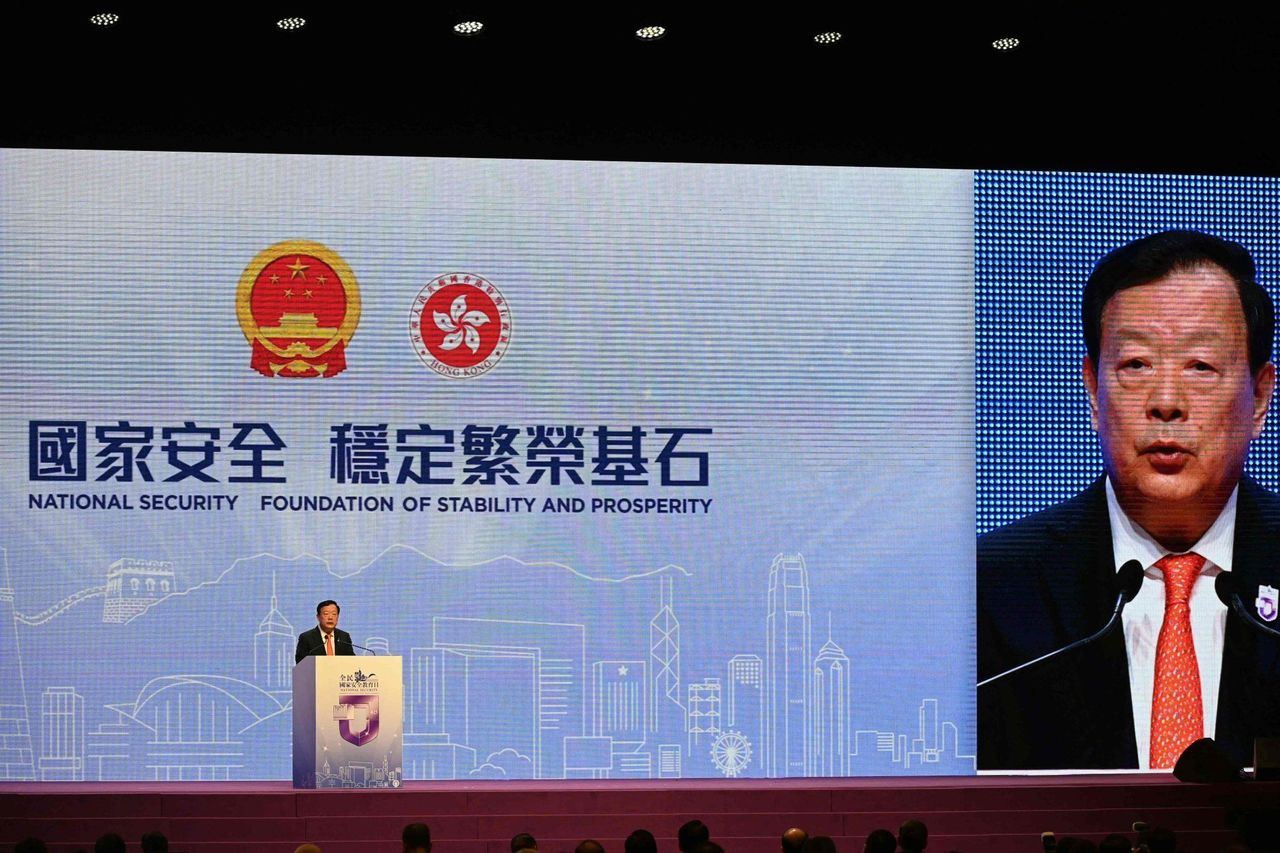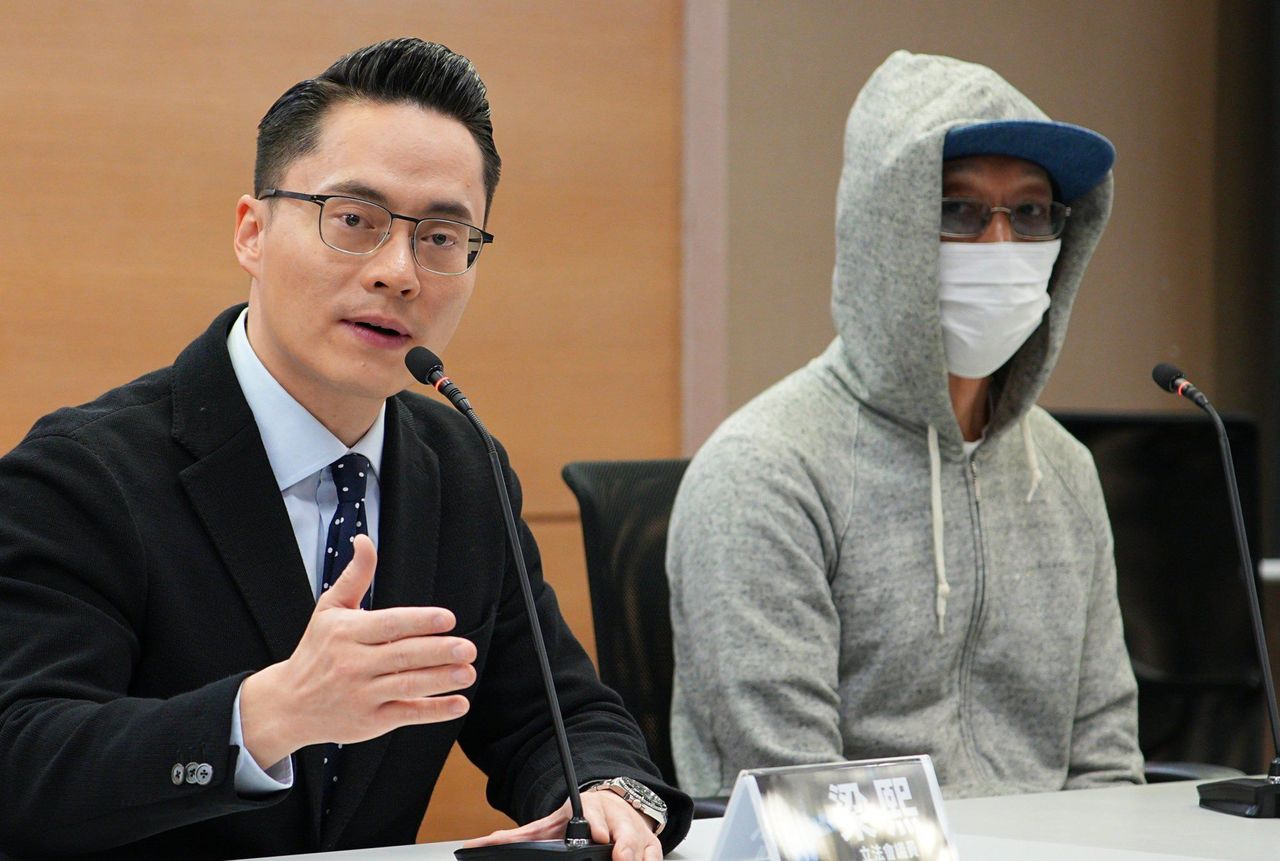Hong Kong News

Government efficiency is good but people’s concerns must not be ignored
Ordinary Hong Kong residents were mostly relegated to the political peripheral in the high-profile visit by Xia Baolong, director of the State Council’s Hong Kong and Macau Affairs Office and former vice-chairman of the Chinese People’s Political Consultative Conference. This was a little unfortunate.
During his visit, Xia met what the government press office called “district personalities” and enjoyed yum cha in Kowloon Bay. He also chatted with senior citizens during a tour of an elderly community centre.
For the most part of his six-day visit, however, the public mainly saw him being schlepped from one place to another. These meetings seemed very insightful and informative – it is only unfortunate that not all of us were deemed privileged enough to hear for themselves what the director had to say.
Judging from the accounts of the meetings and visits, Xia focused on many important issues, revealed quite a lot of what he thought and conveyed very clear messages. For some, they sounded like directives spelling out Beijing’s expectations.
For members of the Legislative Council, they know they are expected to “support the government in achieving effective administration”, as one report put it. For one, they are to refrain from attention-seeking. They were also told that protests were not the only way to convey a message or express a public grievance. Right on cue, the Federation of Hong Kong and Kowloon Labour Unions withdrew its application to march on Labour Day.
The federation, of course, denies that its decision had anything to do with Xia’s remarks. Perhaps that shouldn’t be our focus.
 Xia Baolong, director of the Hong Kong and Macau Affairs Office, speaks
at the National Security Education Day opening ceremony in Hong Kong on
April 15.
Xia Baolong, director of the Hong Kong and Macau Affairs Office, speaks
at the National Security Education Day opening ceremony in Hong Kong on
April 15.
Instead, let us look at how swiftly the legislature passed a controversial motion to import mainland workers into the city merely two days after Xia concluded his trip.
You see? That’s the power of the revamped Hong Kong and Macau Affairs Office, especially its role in “supervising” governance in Hong Kong. This is how the office will work with the Hong Kong government and liaison office to conduct what is essentially the business of politics.
And for lawmaker Edward Leung Hei, I wonder if he’s sticking his neck out a little too much for his outrage over the power outage last week. While it is outrageous that HK Electric continues to be rewarded handsomely despite the error, is it worth breaking from the need to keep a low profile?
 Lawmaker Edward Leung Hei speaks at a press conference on April 10.
Lawmaker Edward Leung Hei speaks at a press conference on April 10.
For the rest of Hong Kong, as Xia said at the opening ceremony of National Security Education Day, people are to “enjoy horse racing, dancing, speculating on stocks and making big money”. In other words, to focus on the economy, never mind the politics, and definitely shun the demonstrations.
Yes, political instability spells certain death for foreign investments; and while we can appreciate the central government’s concerns, we also need more assurance that people’s voices are heard and given due consideration.
There are growing anxieties in the community precisely because of the administration’s commitment to streamline and expedite processes to achieve those key performance indicators. Raising efficiency is a noble call but there must remain safeguards to ensure the concerns of the people are heard, noticed and considered.
Politics isn’t intrinsically a bad thing. It’s not a bad habit we have picked up. Governance is all about politics. And so is building public trust.
If Xia wants us not to worry about the way the administration conducts its business, then people need to have enough reasons to have faith in the government, and trust that it is capable of considering the impact of its decisions and policies.
In a recent column Megumi Harker wrote for this paper, on the government’s proposed changes that would lower the threshold for the compulsory sale of private buildings, she addressed exactly this issue: “Fast-tracking or minimising the public policy consultation process could mean that affected residents and the wider community have little or no say […] Limiting opportunities for residents’ input in the name of increasing efficiency should be considered with caution.”
Would Xia’s team be monitoring and supervising that aspect of governance?











